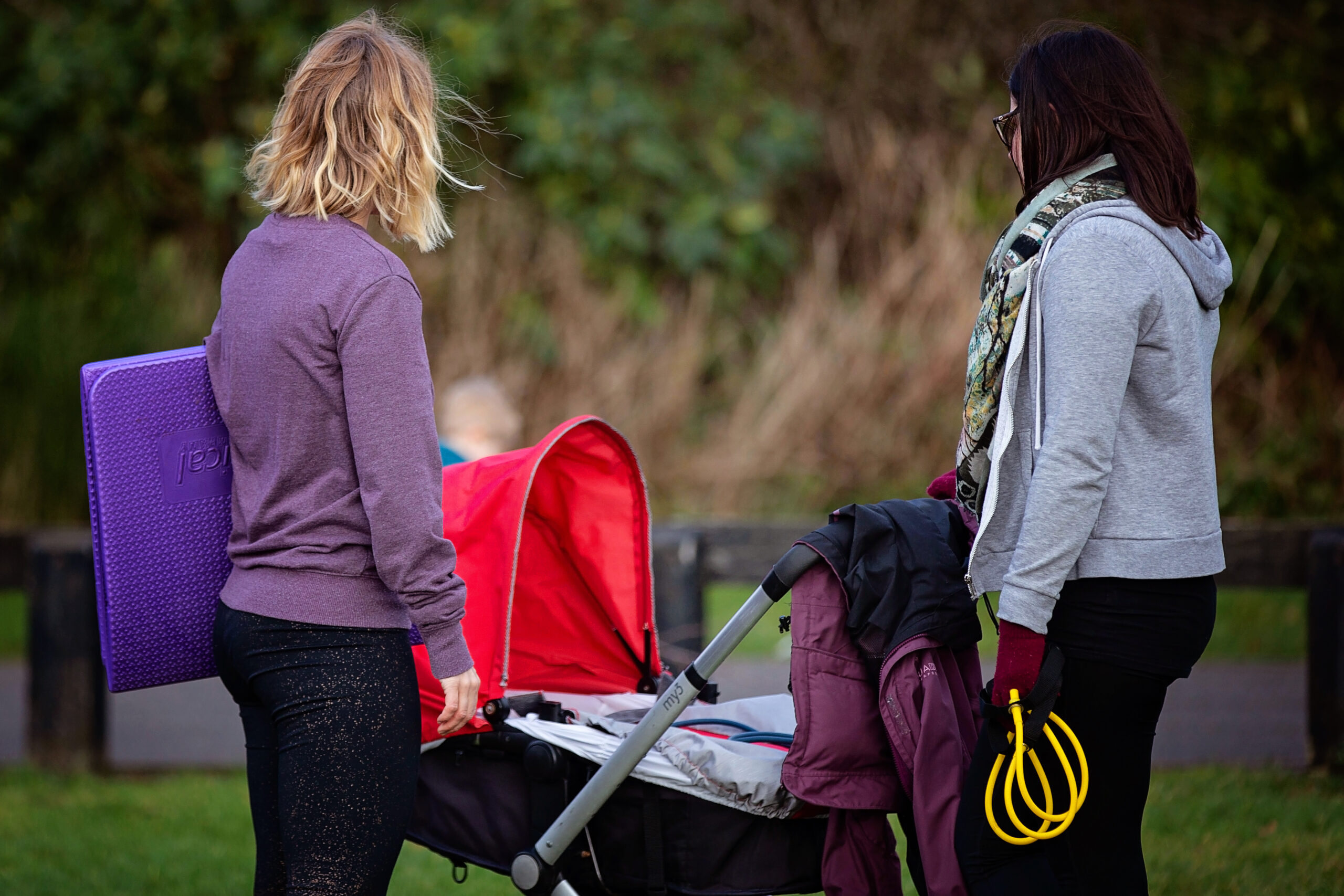
Top 10 Tips for Optimal Postnatal Recovery
30th January 2021
TOP TIPS FOR OPTIMAL POSTNATAL RECOVERY
- Rest! Need I say more? It doesn’t matter how well your pregnancy went or
 how straightforward the birth, your body has undergone huge changes, your hormones need lots of time to settle, you need to take any opportunity you get to stop, sit down, or sleep. If you have experienced a more difficult pregnancy or birth then this advice is even more important for you.
how straightforward the birth, your body has undergone huge changes, your hormones need lots of time to settle, you need to take any opportunity you get to stop, sit down, or sleep. If you have experienced a more difficult pregnancy or birth then this advice is even more important for you. - Care for your postnatal body. Don’t be alarmed by the amount of blood you lose after giving birth, also known as ‘lochia’. This is your womb shedding after all of those months period-free. Use maternity pants in the early days or pads to stay protected from leaks. If you are concerned about your bleeding, have a fever, pain, or are passing large clots, then please do contact your health provider. If you had a vaginal birth your perineum (vagina, vulva and surrounding tissues) are likely to feel very swollen and sore after birth. Take care of any stitches or grazing. You can also make your own cold pack for your tender parts, yes it’s a real thing. If you have had a c-section be aware it can take a significant amount of time to recover, take it slow but also try to move about as soon as you feel ready to. Keep your wound clean and keep a close eye on your stitches for any signs of infection. For sore breasts, try using a warm compress or ice packs and gentle massage. Also be sure to wear a comfortable nursing bra. If you’re breastfeeding, let your breasts air out after every nursing session and apply a lanolin cream to prevent or treat cracked nipples.
- Hydration. Make sure you are having little drinks throughout the day, particularly if you are breastfeeding. Water is preferable but also herbal teas, juices or shakes. Try to avoid too much caffeine, fizzy drinks and alcohol which can dehydrate you and won’t help with any pelvic floor issues.
- Good nutrition. Basically as your body heals try to give it all the help you can by feeding yourself well. I have listed some food groups/vitamins and where you can find them but also please do enjoy a wee treat when you need it! Prote
 in (meat, fish, dairy, nuts, seeds, pulses, eggs) Iron (red meat, sardines, liver, eggs, canned salmon) Vitamin C (peppers, orange, tomatoes, strawberries, broccoli) Vitamin A (eggs, fortified breakfast cereals, green leafy veg) Vitamin D (fish, dairy, eggs, mushrooms) Zinc (shellfish, lentils, beans, seeds, nuts, dairy, eggs) Magnesium (green leafy veg, bananas, Nuts, seeds, brocolli, seafood). List is not exhaustive! (Nb. If breastfeeding and find little one is intolerant to certain foods make sure you still think of your own nutrition, even by way of supplements for a while.)
in (meat, fish, dairy, nuts, seeds, pulses, eggs) Iron (red meat, sardines, liver, eggs, canned salmon) Vitamin C (peppers, orange, tomatoes, strawberries, broccoli) Vitamin A (eggs, fortified breakfast cereals, green leafy veg) Vitamin D (fish, dairy, eggs, mushrooms) Zinc (shellfish, lentils, beans, seeds, nuts, dairy, eggs) Magnesium (green leafy veg, bananas, Nuts, seeds, brocolli, seafood). List is not exhaustive! (Nb. If breastfeeding and find little one is intolerant to certain foods make sure you still think of your own nutrition, even by way of supplements for a while.) - Posture. In pregnancy your posture changes. Your pelvis tilts forward, shortening your lower back, and the reduced abdominal space can mean your shoulders come forward and your ribs and diaphragm all feel a little squashed. In the early weeks try to be conscious of your posture where possible. Try to carry your little one close to your core (any excuse for a cuddle!). Try to use both sides of your body when carrying, lifting or pushing, rather than one side. When baby is feeding try to get comfortable by using a feeding pillow or a good comfortable chair. Use your core to lift and carry/push car seats and prams by drawing in your belly button a little as you go to move. Lastly, sit tall where possible.
- Avoid constipation. It is very common during and after pregnancy to experience constipation. Use Pelvic floor tips below to avoid straining and increase your fibre and water intake. Some good fibre rich foods include wholegrains, berries, pears, melon, broccoli, carrots, nuts and seeds, peas, pulses, potatoes with the skin on.
- Connect with your core and pelvic floor at an early stage. To activate your pelvic floor start by sitting or standing
 somewhere comfortably, with a tall spine and as best posture as you can. Take a breath in and then as you start to exhale think on closing and then lifting your pelvic floor muscles, letting them relax again when you are ready to inhale again. Try to do a mix of longer and shorter pelvic floor contractions and then try to do them as you are moving around, lifting, and standing. If you find you can’t activate these muscles, or you are concerned that your tummy isn’t as it should be, then please do speak to a Women’s Health Physio or your GP for an assessment.
somewhere comfortably, with a tall spine and as best posture as you can. Take a breath in and then as you start to exhale think on closing and then lifting your pelvic floor muscles, letting them relax again when you are ready to inhale again. Try to do a mix of longer and shorter pelvic floor contractions and then try to do them as you are moving around, lifting, and standing. If you find you can’t activate these muscles, or you are concerned that your tummy isn’t as it should be, then please do speak to a Women’s Health Physio or your GP for an assessment. - Ease back into any exercise. As I said earlier your body has undergone major changes, you can’t expect it to jump back into what you were doing before pregnancy without some rehabilitation and preparation. Start with gentle core and pelvic floor exercises such as those found in my beginner level videos, and then
 gradually increase the intensity, impact, resistance, and speed. Initially avoid exercises such as abdominal crunches, planks and running. These may exacerbate any slight issues you have with your core or pelvic floor and create further problems. Instead, take your time, work back up, and you will find yourself back to your favourite activities in no time. If you aren’t sure, seek advice from a fitness instructor who is trained in postnatal rehabilitation.
gradually increase the intensity, impact, resistance, and speed. Initially avoid exercises such as abdominal crunches, planks and running. These may exacerbate any slight issues you have with your core or pelvic floor and create further problems. Instead, take your time, work back up, and you will find yourself back to your favourite activities in no time. If you aren’t sure, seek advice from a fitness instructor who is trained in postnatal rehabilitation. - Self care. THIS IS SO IMPORTANT ! ? Whether it is taking a bath, having your morning coffee, phoning a friend, going for a massage, enjoying a walk, watching TV in bed, or anything else that brings joy to your spirit, make sure you make some time each week for it, and continue this for life! Mumlife is a busy life. There will always be things to do and demands on your time and attention, so you need to make an effort to care for yourself regularly.
- Watch your mood. After having a baby it is quite normal for your mood and energy levels to be all over the place for a while. It is also quite normal to feel anxious at times and worry about things you didn’t think about before having a baby. If these feelings linger though or you find you aren’t functioning very well day to day, or that you are struggling to care for your little one then don’t keep it to yourself, share it with someone. Tell a caregiver such as your GP or Health Visitor, and tell your partner or a friend. There is no shame in asking for help.
I hope this is helpful, and I wish you and your little one/s a healthy happy journey!

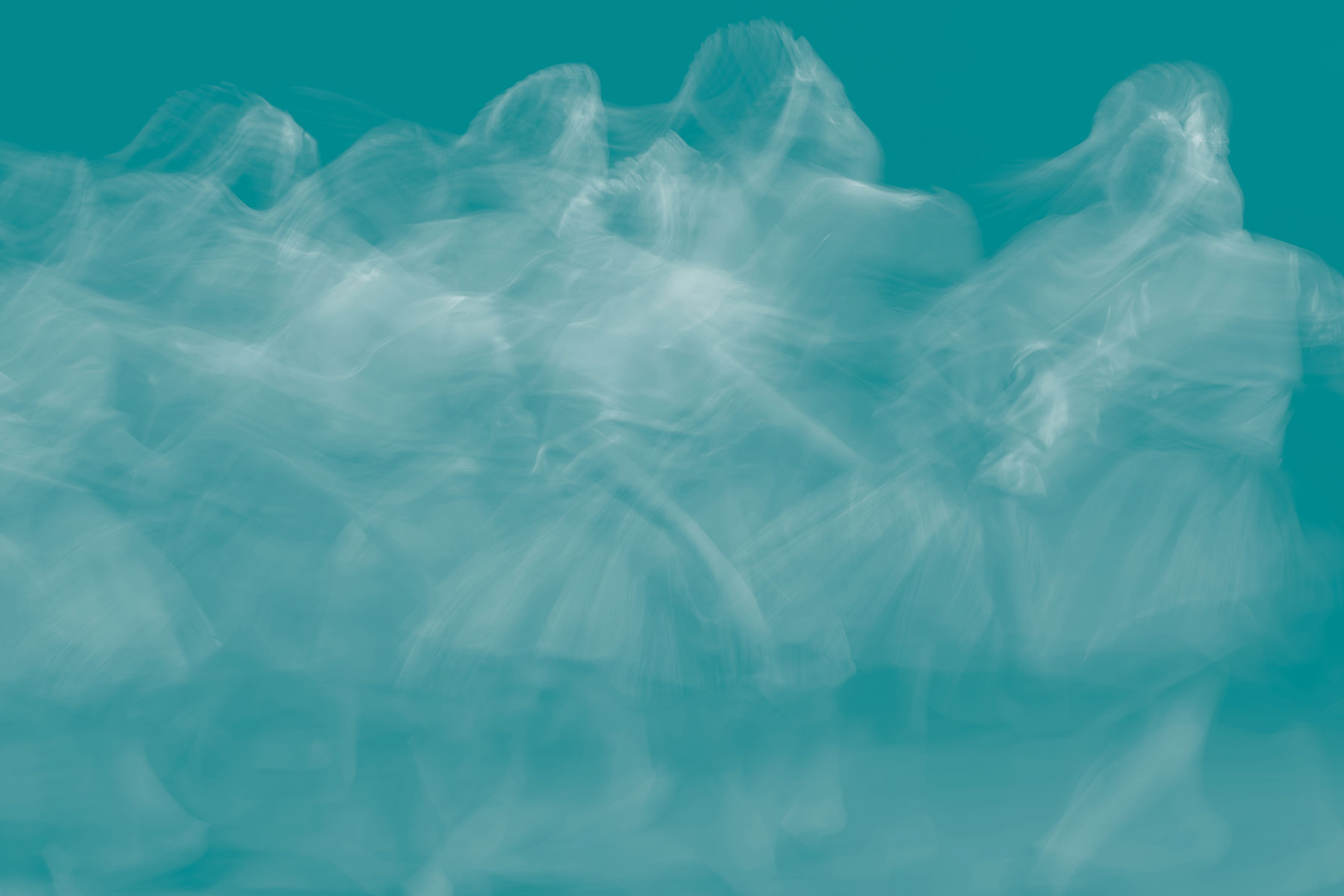
 how straightforward the birth, your body has undergone huge changes, your hormones need lots of time to settle, you need to take any opportunity you get to stop, sit down, or sleep. If you have experienced a more difficult pregnancy or birth then this advice is even more important for you.
how straightforward the birth, your body has undergone huge changes, your hormones need lots of time to settle, you need to take any opportunity you get to stop, sit down, or sleep. If you have experienced a more difficult pregnancy or birth then this advice is even more important for you. in (meat, fish, dairy, nuts, seeds, pulses, eggs) Iron (red meat, sardines, liver, eggs, canned salmon) Vitamin C (peppers, orange, tomatoes, strawberries, broccoli) Vitamin A (eggs, fortified breakfast cereals, green leafy veg) Vitamin D (fish, dairy, eggs, mushrooms) Zinc (shellfish, lentils, beans, seeds, nuts, dairy, eggs) Magnesium (green leafy veg, bananas, Nuts, seeds, brocolli, seafood). List is not exhaustive! (Nb. If breastfeeding and find little one is intolerant to certain foods make sure you still think of your own nutrition, even by way of supplements for a while.)
in (meat, fish, dairy, nuts, seeds, pulses, eggs) Iron (red meat, sardines, liver, eggs, canned salmon) Vitamin C (peppers, orange, tomatoes, strawberries, broccoli) Vitamin A (eggs, fortified breakfast cereals, green leafy veg) Vitamin D (fish, dairy, eggs, mushrooms) Zinc (shellfish, lentils, beans, seeds, nuts, dairy, eggs) Magnesium (green leafy veg, bananas, Nuts, seeds, brocolli, seafood). List is not exhaustive! (Nb. If breastfeeding and find little one is intolerant to certain foods make sure you still think of your own nutrition, even by way of supplements for a while.)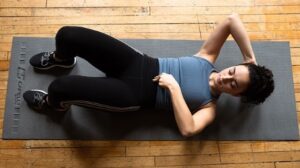 somewhere comfortably, with a tall spine and as best posture as you can. Take a breath in and then as you start to exhale think on closing and then lifting your pelvic floor muscles, letting them relax again when you are ready to inhale again. Try to do a mix of longer and shorter pelvic floor contractions and then try to do them as you are moving around, lifting, and standing. If you find you can’t activate these muscles, or you are concerned that your tummy isn’t as it should be, then please do speak to a Women’s Health Physio or your GP for an assessment.
somewhere comfortably, with a tall spine and as best posture as you can. Take a breath in and then as you start to exhale think on closing and then lifting your pelvic floor muscles, letting them relax again when you are ready to inhale again. Try to do a mix of longer and shorter pelvic floor contractions and then try to do them as you are moving around, lifting, and standing. If you find you can’t activate these muscles, or you are concerned that your tummy isn’t as it should be, then please do speak to a Women’s Health Physio or your GP for an assessment.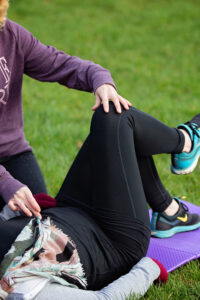 gradually increase the intensity, impact, resistance, and speed. Initially avoid exercises such as abdominal crunches, planks and running. These may exacerbate any slight issues you have with your core or pelvic floor and create further problems. Instead, take your time, work back up, and you will find yourself back to your favourite activities in no time. If you aren’t sure, seek advice from a fitness instructor who is trained in postnatal rehabilitation.
gradually increase the intensity, impact, resistance, and speed. Initially avoid exercises such as abdominal crunches, planks and running. These may exacerbate any slight issues you have with your core or pelvic floor and create further problems. Instead, take your time, work back up, and you will find yourself back to your favourite activities in no time. If you aren’t sure, seek advice from a fitness instructor who is trained in postnatal rehabilitation.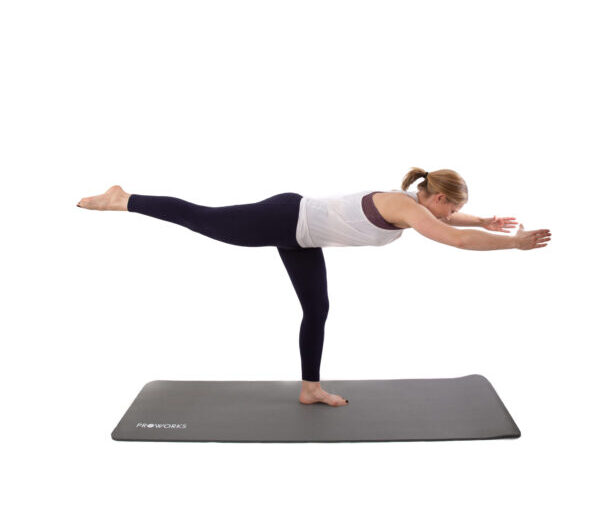
No Comments
Sorry, the comment form is closed at this time.